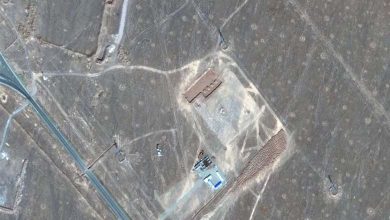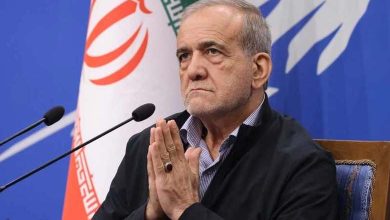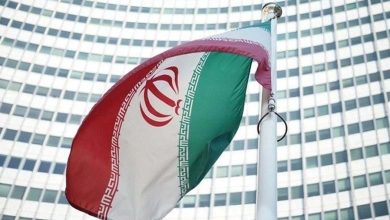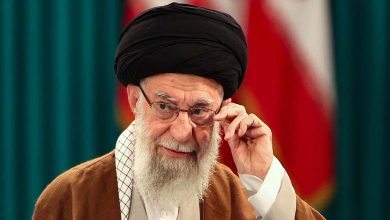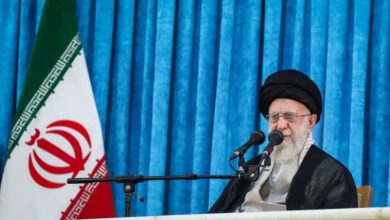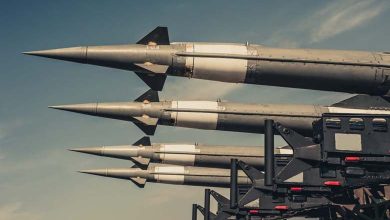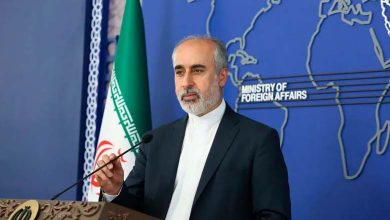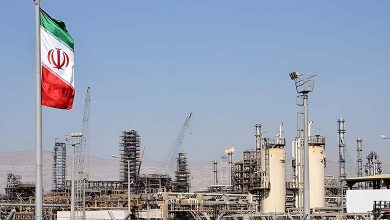Study reported that Iran’s missiles require to be threated to control Tehran’s ambitions in region
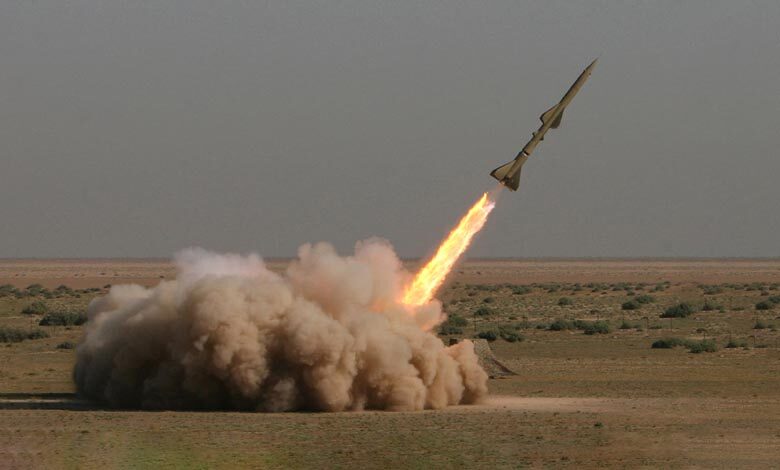
It’s expected that the UN arms embargo on Iran expires on Sunday although the efforts of the US to prolong it, which supplying the regime the freedom to purchase military material. This will lead to an increase in the danger that present the current missile program in the Middle East.
The embargo will expire in October. 18, as accepted under the 2015 nuclear agreement between Iran, Russia, China, Germany, Britain, France, and the United States that tries to avoid Tehran from developing nuclear weapons in exchange for sanctions reduction.
In fact, the US declared a snapback of all sanctions on Iran, and this after its failure to pass a decision to extend the embargo. Nevertheless, 13 out of 15 council members related their opposition to a return of all UN sanctions on Tehran because there was no accord in the council.
The US administration has debated many times that if the embargo fails to be prolonged, that would enhance the capability of Iran to further arm its proxies in the region and consequently destabilize the Middle East.
Washington also considered that the ballistic missile program of Iran is used by the regime to enhance its influence in the region and is not for peaceful aims as Tehran alleges.
In fact, the Iranian regime has claimed over the years that its missile program was for peaceful purposes and for defense only and refused to even negotiate to s the program.
Otherwise, a study by the Riyadh-based think tank International Institute for Iranian Studies (Rasanah) reported that nuclear agreement alone was not enough to control the dangers presented by Tehran to the region. It stated Iran’s capabilities when it comes to missile production.
The study declared: Iran can produce hundreds of sophisticated, reverse-engineered improvised missiles. Through black-market or top-secret unannounced purchases, Tehran is suspected of building a missile force capable of evading the radars of its neighbors with speed and in-flight maneuverability. Considering the short flight duration between its adversaries, the threats from Iran’s government to the region cannot diminish with the existing nuclear deal as it does not cover Iran’s missile capability.
Indeed, Iran also has a long history of arming and financially backing its network of proxies, Shia militias over the Middle East, to enhance its influence in the region. The same study said: Iran’s reliance on its missile force makes it highly probable that it will face a high degree of escalation and pay severe retribution. It has [therefore] successfully managed threats by deploying its missiles via its proxies in Lebanon, Iraq, and Yemen.
It added: Iran found great potential in projecting its influence and power through the use of non-state armed actors, civil society groups, emerging media platforms, unmanned aerial vehicles and missile forces.
It should be noted that reverse-engineered or locally assembled missiles have been hidden to Hezbollah in Lebanon, the Houthis in Yemen, and Shia militias in both Syria and Iraq.
The study also related: Drones have worked well for Iran, from Yemen to Iraq and Syria to Lebanon. A sanction-stricken country like Iran, without its many missiles and numerous drones, cannot project power and implement deterrence measures thousands of kilometers away. After the embargo is lifted Iran’s arms shopping list will include missile defense systems, fighter jets and submarines.


